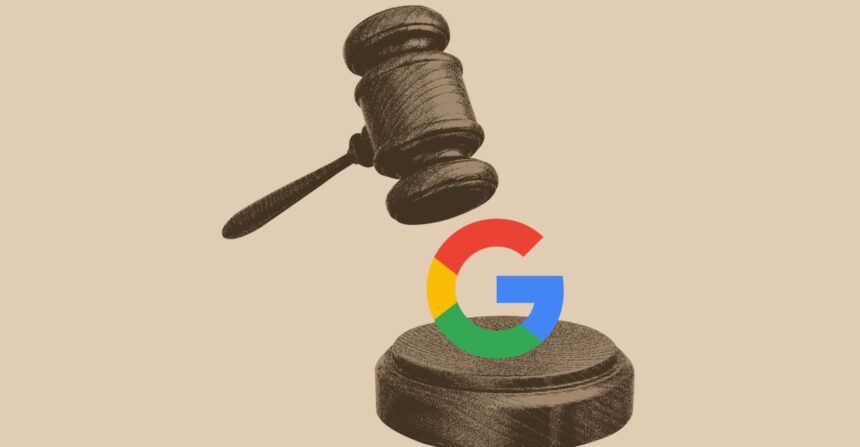Penske Media Corporation, a prominent name in the media landscape and the publisher of well-known brands like Rolling Stone and The Hollywood Reporter, has made headlines by suing Google. The lawsuit stems from concerns surrounding Google’s AI-generated summaries, which the company argues are detrimental to its traffic and revenue.
The core of Penske Media’s complaint is that these AI Overviews, commonly displayed at the top of Google search results, diminish the incentive for users to click through to the original sources. This phenomenon not only threatens the traffic that media companies rely on but also arguably infringes upon their intellectual property by benefiting from the work of the journalists and publications without appropriate compensation.
While Penske Media is the most significant player to challenge Google on this front, it is not alone. Earlier this year, the online education platform Chegg initiated its own lawsuit against Google, and several independent publishers in Europe have raised similar objections. The News / Media Alliance has labeled the practice as “the definition of theft” and has called for government intervention, specifically from the Department of Justice.
In response to the allegations, a Google spokesperson defended the functionality of AI Overviews, suggesting that they enhance users’ search experiences. According to José Castañeda, these summaries are designed to make searching more efficient and useful for users.
However, publishers like Penske claim that the AI’s presence results in reduced user engagement with the links in search results. In its complaint, Penske Media revealed that it has faced a downturn in revenue, citing a more than 33% decline in earnings from affiliate links this year alone, a situation they attribute directly to diminished traffic from Google searches.
Penske Media faces a tough predicament moving forward. The company is confronted with the option of blocking Google from indexing its content, which would effectively erase its presence in search results and likely exacerbate revenue challenges. On the other hand, continuing to allow Google to scrape its content means contributing to a system that threatens the very existence of its publishing business. The implications of this lawsuit may have broader consequences for the relationship between media companies and tech giants as they navigate the evolving landscape of digital content and AI technology.







